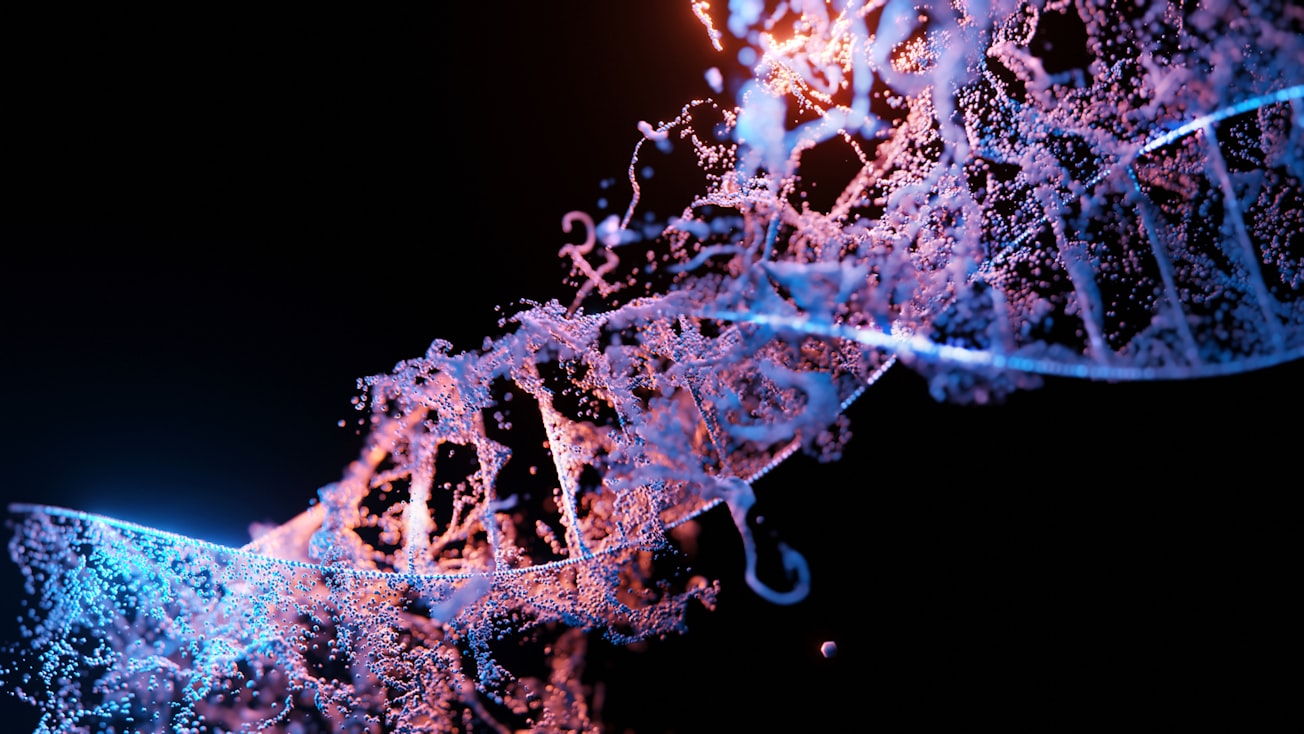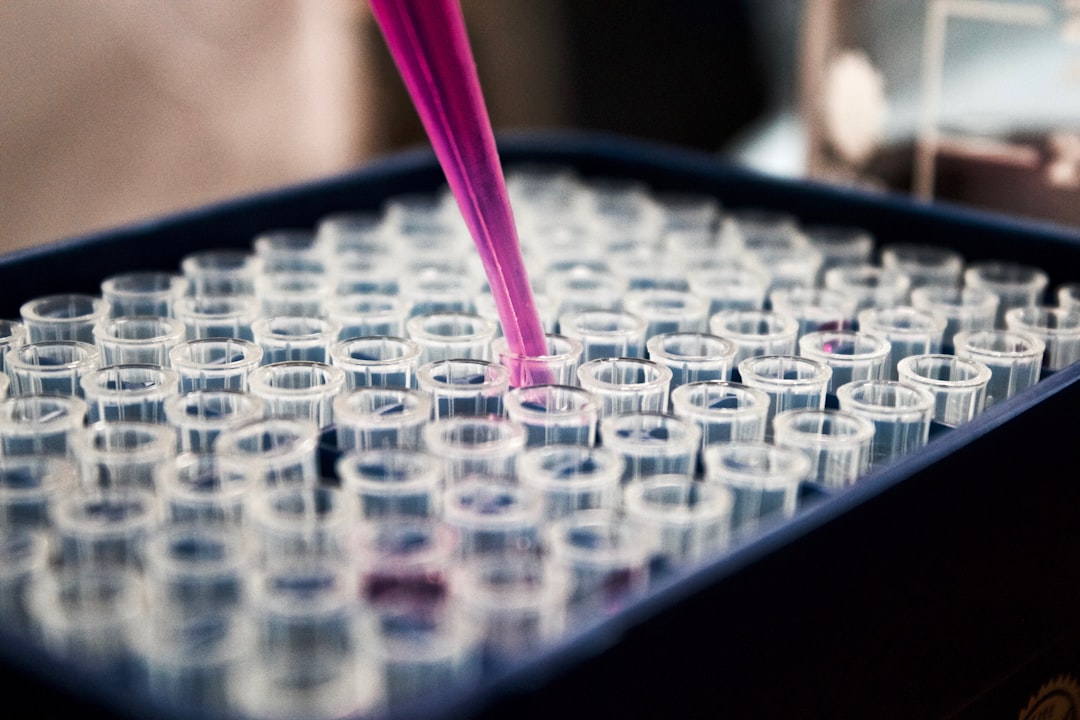What is it about?
Every actively dividing cell in our body needs to accurately replicate our entire genome during each cell cycle. The replication machinery however can encounter many roadblocks, such as other proteins, unusual DNA structures, and DNA lesions. One particularly harmful event is when our replication machinery, responsible for duplicating the genome, and transcription machinery, responsible for creating RNA transcripts, come into conflict with each other. These events are called transcription-replication conflicts and they are a cause of genome instability (deletion or addition of DNA sequence). Our study revealed new mechanisms for how RNA processing and decay machineries prevent transcription-replication conflicts and protect against genome instability, specifically at structure-forming expanded CAG repeats. Both the THO complex, involved in RNA export, and the TRAMP complex, involved in RNA degradation, were found to prevent conflicts, but through two different mechanisms. The THO complex, through its role in RNA export, directly prevents excessive RNA polymerase stalling at the CAG repeats. We found that when THO is defective, as occurs in many cancer cell types, increased conflicts, chromosome breaks, and CAG repeat deletions occurred. Defects in the TRAMP complex also caused increased conflicts and genome instability, but by an entirely different mechanism. In this case, excess unprocessed RNAs sequestered the single-strand binding protein RPA, so it was unavailable to prevent replication defects and chromosome breaks. Overall, our study discovered new links between RNA processing and degradation pathways in protecting against genome instability.
Featured Image

Photo by Sangharsh Lohakare on Unsplash
Why is it important?
Expansion of CAG repeats, or a gain in repeat units, causes a number of neurodegenerative diseases including Huntington’s disease, myotonic dystrophy, and several spinocerebellar ataxias. Understanding how CAG repeats expand (gain repeat units) and contract (lose repeat units) reveals possible mechanisms for disease onset and can identify potential therapies for shortening the repeat tract. Our data show that transcription-replication conflicts cause CAG repeat instability, especially contractions. This work also has implications for diseases like cancer that exhibit genome instability. Loss of both the THO and TRAMP complexes have been found in cancer cells, and our experiments show that loss of either or both of these RNA processing pathways had genome-wide consequences, causing chromosome breakage and loss of genetic information.
Perspectives
One of the most surprising things we found was that excess unprocessed RNA (like accumulates in TRAMP mutants) may act like a “sponge” to sequester the single-stranded DNA binding protein RPA. We first realized that the two types of RNA processing factors (THO and TRAMP) were working differently because chromosome breaks were vastly elevated when both were mutated, compared to the situation where only one pathway was missing. After testing different hypotheses, we realized that even though both protein complexes are important for preventing transcription-replication conflicts, they were doing so in entirely different ways.
Professor Catherine H. Freudenreich
Tufts University
Read the Original
This page is a summary of: The RNA export and RNA decay complexes THO and TRAMP prevent transcription-replication conflicts, DNA breaks, and CAG repeat contractions, PLoS Biology, December 2022, PLOS,
DOI: 10.1371/journal.pbio.3001940.
You can read the full text:
Contributors
The following have contributed to this page










